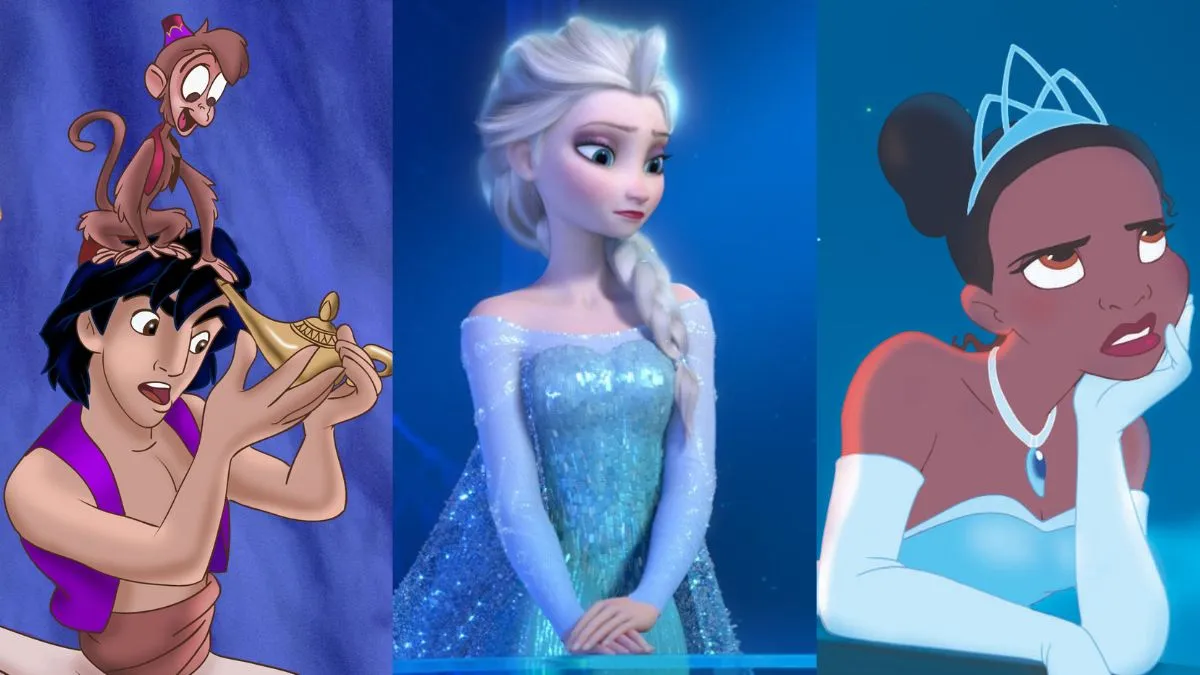
In recent years, Meryl Streep has showcased her singing voice in films like Mamma Mia, Into the Woods and Ricki and the Flash. So, it seems like a particular brand of karmic retribution that she wind up playing the title character in Florence Foster Jenkins, the latest release from Oscar-nominated filmmaker Stephen Frears (The Queen, Philomena). Set in 1944 New York, the film follows the real-life heiress as she pursues opera singing, despite her notorious lack of skill as a vocalist.
At this point, pointing out that Streep completely disappears in the role almost seems unnecessary. After all, she has already received a record-breaking 19 Academy Award nominations for her performances (including three wins), and given how much the Academy loves her, it’s inevitable that at least some Oscar buzz will result from her turn as Florence. While she is a strong woman, the character — as portrayed by Streep — has such tender vulnerability to her that viewers can help but both sympathize and root for her, even as her ill-conceived performances elicit laughter. Just the same, there’s little in Florence Foster Jenkins for it to stand out as anything revelatory from its legendary star.
The more surprising members of the film’s cast are the supporting players. Hugh Grant takes the lion’s share of the screen time as Florence’s protective husband, and his role could really almost be considered a co-lead in many ways, as the film focuses just as much on their marriage as it does Jenkins’ singing. Simon Helberg (The Big Bang Theory) — who makes his most high-profile film appearance to date — is appropriately awkward and hilarious, nabbing nearly every one of the film’s biggest laughs. Then there’s scene-stealing Tony winner Nina Arianda as a showgirl who’s new to the high society circle of Florence and her friends.
Among the cast, the only real disappointment is the short shrift given to Mission: Impossible – Rogue Nation breakout Rebecca Ferguson. The actress is spot-on in a limited role, but her subplot isn’t treated with the attention or finesse that it perhaps should have. In fact, that point applies throughout the film, as its pacing fails to actively build momentum. Rather than allowing the drama to naturally build, the film plays as somewhat meandering for much of its runtime before suddenly deciding that it is time for the final act to kick into gear. Even then, the emotional finale is undercut by the film’s ambition to serve as both a powerful biopic and a satirical look at a career that was doomed from the start.
Regardless of its storytelling problems, Florence Foster Jenkins touches on a number of intriguing thematic elements, chiefly the disconnect between privileged members of society and the working-class citizens who lack the resources and wherewithal to match their achievements. The role of professional criticism in the film also feels particularly timely, given the era of online hate we are currently facing, but Frears and screenwriter Nicholas Martin (making his feature debut here) seem relatively uninterested in viewing it as anything more than simply an obstacle standing in the way of Florence’s aspiration.
The film posits that her determination to see her dream through to fruition is an inspirational act meant to drive moviegoers to blindly chase after the desires of their own heart. However, this somewhat shallow message lacks the nuance that could have been yielded by a more pragmatic deconstruction of whether true art derives from skill or passion. Florence Foster Jenkins asks viewers to join the “mockers and scoffers” (as Grant’s character calls them at one point) and then challenges them to root for her in spite of themselves. As a means of putting audiences into the shoes of those who support Florence in the film, it’s a tactic but works. Yet, ultimately, it leaves the film feeling a bit hollow and unfulfilling on a thematic level.
Moviegoers who maintain little interest in Hollywood biopics or period dramas will still likely be unimpressed with Florence Foster Jenkins, but the film takes a subject that could have easily come off as dry and livens it up with some memorable comedic moments and effective performances all around. Don’t expect to walk away smitten with Frears’ latest, but more than likely, those who do opt to check it out will almost certainly have a pleasant enough time.






